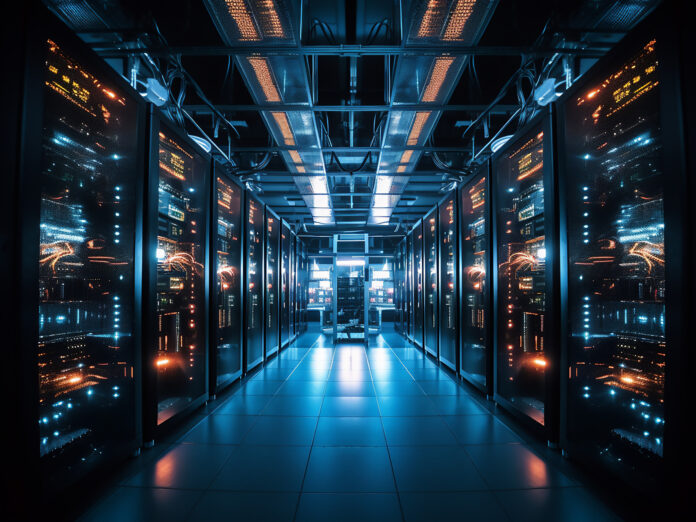Pátria plans to deploy infrastructure to support the increasing demand from AI, cloud computing and high-performance workloads
In sum – what you need to know:
Pátria returns to data centers – The Brazilian asset manager has launched Omnia, a new platform targeting AI-ready hyperscale data centers in Brazil, Mexico and Chile, backed by a $1B investment.
Renewable-first infrastructure – All Omnia facilities will be powered by dedicated wind projects, minimizing water use and environmental impact.
LatAm positioned for AI growth – CEO Rodrigo Abreu says Latin America offers the right mix of regulation and neutrality to attract global AI infrastructure investments.
Brazilian alternative asset manager Pátria has launched a new data center venture named Omnia, aiming to expand across Brazil, Mexico, and Chile.
The firm plans to deploy $1 billion in infrastructure to support the increasing demand from artificial intelligence, cloud computing, and high-performance workloads.
This move marks Pátria’s reentry into the data center sector following its 2023 divestment of Odata to Aligned Data Centers for nearly $2 billion.
Omnia’s focus will be on hyperscale data centers built to handle intensive processing requirements from large technology companies. The initial facility is expected to break ground in the second half of 2025, with operations slated for late 2027.
The new data centers will be fully powered by renewable energy and designed to limit water usage and environmental impact. Pátria intends to source energy from a dedicated wind power project developed specifically for Omnia, rather than relying on traditional grid infrastructure.
Felipe Pinto, Pátria’s partner overseeing infrastructure in Latin America, said: “We need a dedicated project and a dedicated energy source for this initiative. Therefore, we’re not focusing on short-term energy imbalances but on large-scale projects that require integrated solutions.”
According to Omnia CEO Rodrigo Abreu, the first projects will consist of campus-style data centers exceeding 100 megawatts in capacity to support high-density computing. “Data center capacity is measured in energy capacity. Energy is an asset for data center developers. In the past, a large data center had 10 MW. Today, to meet AI demands, we start at 100 MW,” Abreu said.
While specific sites have yet to be announced, Abreu noted the difficulty of finding locations with direct access to high-voltage transmission networks—an issue affecting major regions like the São Paulo–Campinas corridor and the Pecém area in Ceará. He expressed optimism that transmission constraints will be addressed soon.
Abreu also pointed out that AI is shifting the industry’s geographic priorities. “For training AI models, we don’t need data centers located near end-users,” he explained. “The regulatory conditions and geopolitical neutrality of this region make it suitable for attracting investments from the U.S., Asia, or Europe. We expect Latin America to receive significant investments in this new category of data centers.”
As artificial intelligence (AI) continues to rapidly evolve, the demand for high-performance computing environments is growing at a fast pace. AI applications like generative models, real-time language translation and self-driving technology require a massive amount of data processing power. This is where AI-optimized data centers come into play.
Unlike traditional data centers, artificial intelligence data centers are specially designed with the aim of handling the unique challenges of AI workloads: vast amounts of data, heavy computing tasks and the need for rapid training and inference of machine learning models. To deliver the required performance, five components are essential: GPUs, TPUs, high-speed networking, advanced cooling systems and fast, scalable storage.
AI-optimized data centers are the powerhouses making this transformation possible. By combining GPUs and TPUs for compute, high-speed networking, cutting-edge cooling systems and advanced storage solutions, these facilities are equipped to meet the demands of AI.

